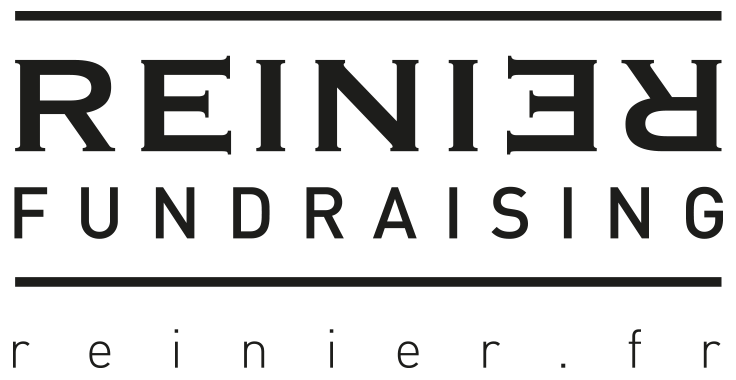In the closing plenary of this year's International Fundraising Congress Kumi Naidoo, International Executive Director of Greenpeace, shared an inspiring story I'd like to pass on to you (slightly paraphrased). Kumi is a life long activist from South-Africa, where he was involved in the anti-apartheid movement.
Kumi Naidoo: 'My best friend growing up was Lenny Naidu, and we fled around the same time into exile in 1987. He asked me a question the last time I would see him before we fled.'
Read More











